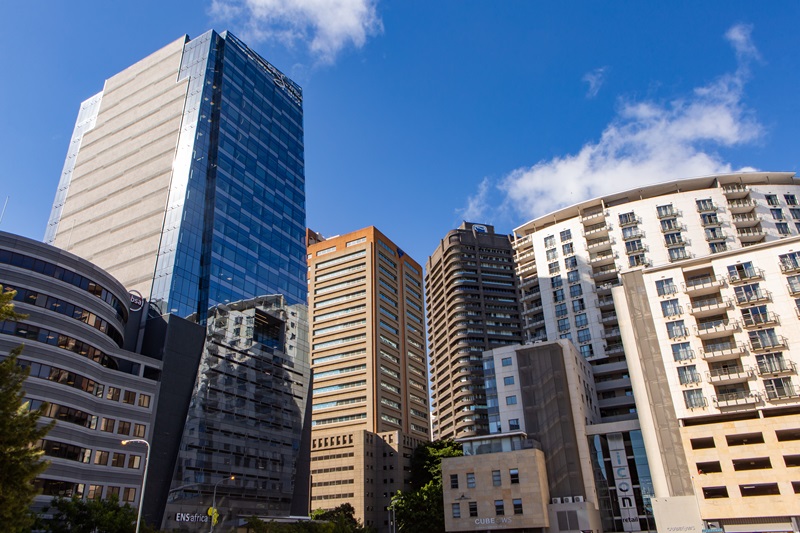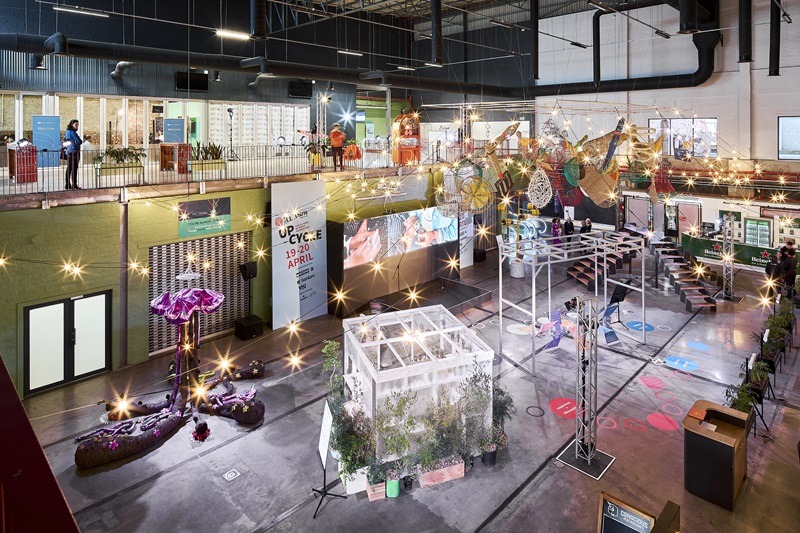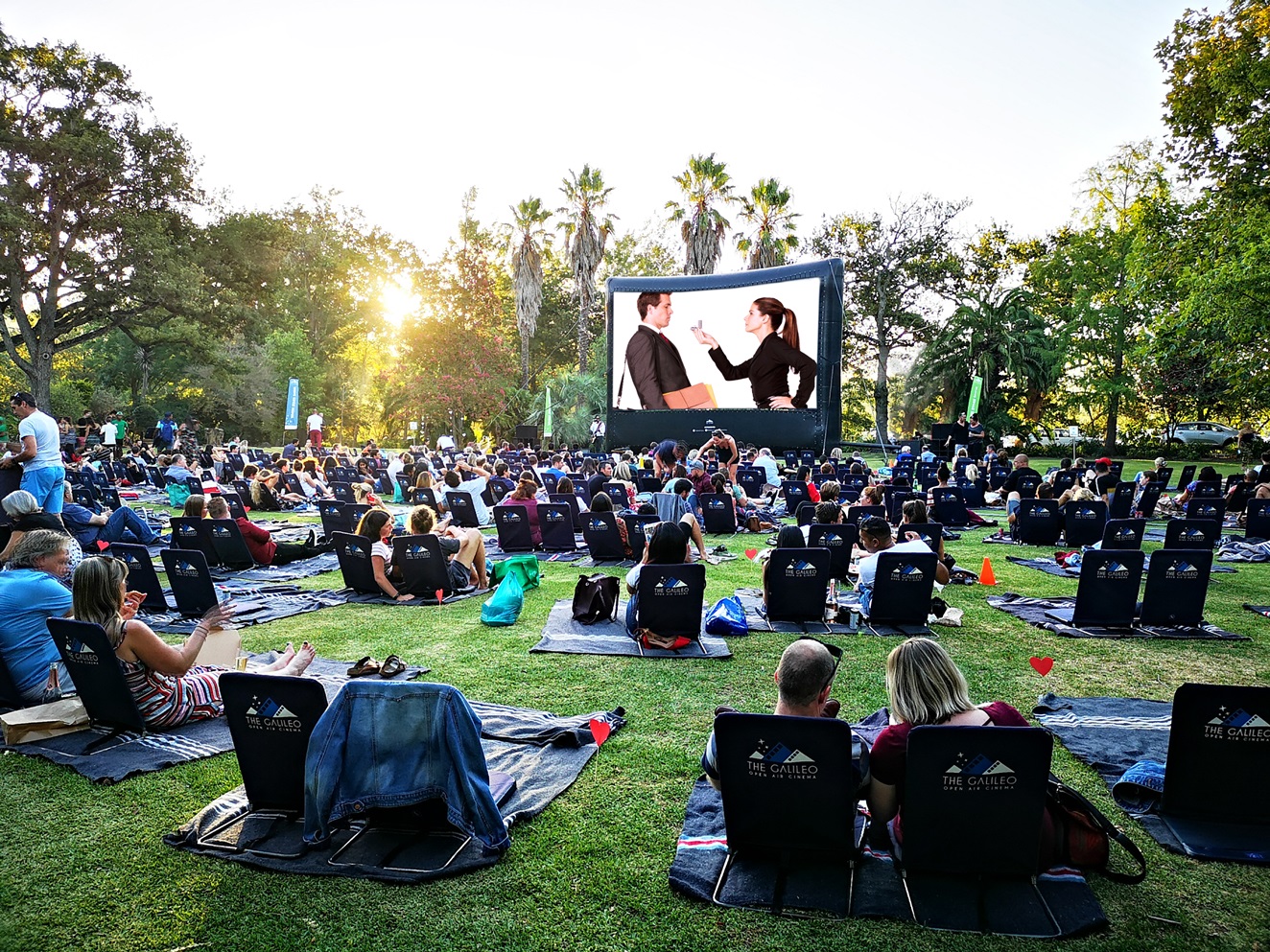With Cape Town contributing 71 %[i] of the Western Cape’s GDP annually, the Mother City’s CBD night-time economy continues to drive the city’s post-pandemic recovery, reports the Cape Town Central City Improvement District (CCID).
CCID CEO Tasso Evangelinos says, “A thriving night-time economy is essential for any vibrant, world-class city. It creates jobs, stimulates economic growth, and makes the city a more attractive place to live, work and visit. With the Cape Town CBD driving the economy of the greater Cape metropole, multiple factors have converged to accelerate the CBD’s post-pandemic recovery including a confluence of new property commercial and residential developments, a thriving BPO (call centre) sector, the opening of new destination eateries and bars, and foot-traffic attracting initiatives like First Thursdays.”
Cape Town also hosted multiple million-rand events last year, which collectively injected close to R4 billion into the local economy, while also creating 26 000 job opportunities. Over 1.3 million people participated in 2023’s top 40 events – a trend Evangelinos predicts will continue this year. “The Central City benefited tremendously from the influx of local and international visitors flooding the numerous major events hosted here last year. We’re hoping to see similar patterns this year.”
Cape Town Air Access reports via Wesgro that during January and February this year both the domestic and international terminals at Cape Town International Airport recorded positive year-on-year growth. Both terminals recorded a 14 % year-on-year growth for February with the domestic terminal processing over 570 000 two-way passengers and the international terminal processing 290 000.
“This bodes well for the visitor economy in the province, the city and the CBD, and boosts the night-time economy as well,” Evangelinos says.
The after-dark economy is also benefiting from:
- The First Thursdays success story
First Thursdays Cape Town draws hundreds of thousands of visitors to the city centre every month. The initiative was launched in Cape Town in 2012 by First Thursdays Projects founder and entrepreneur Gareth Pearson. He says the primary objective was “to get more people to spend time in the CBD, more businesses to stay open after traditional business hours, and ultimately for more people to want to live there. When spaces are quiet, they feel unsafe, so activating the city at night was critical. Over the years, First Thursdays has played a major role in changing that.”
Every month the event draws people to experience a walkable programme that takes in the CBD’s many art galleries, destination retailers, restaurants, and bars.
According to Pearson, social media channels illustrate the event’s growing engagement since the pandemic. “The First Thursdays Instagram account now boasts over 27 000 followers, a significant increase from under 10 000 before the pandemic. Our website attracts more than 8 500 unique visitors monthly, and our email list has grown to over 16 500 subscribers. These metrics underscore the expanding reach and popularity of First Thursdays as it continues to play a vital role in Cape Town’s night-time economy recovery.”
Tasso Evangelinos adds, “The CCID has been a key First Thursdays partner and we offer our support by ramping up security and cleaning services to ensure a safe and welcoming environment for attendees. This support has been instrumental in managing some of the challenges that can come with a bustling night-time economy. If the city feels unsafe or unclean, it will struggle to attract people, businesses, and investment, so the CCID effectively manages the Central City’s crime and cleanliness.”
A Booming BPO Sector
The hyper-growth of Cape Town’s business processing outsourcing industry has been exponential, with City of Cape Town Alderman James Vos, Mayoral Committee Member for Economic Growth, reporting the sector employs over 70 000 people – a number predicted to grow in the next few months.
Operating around the clock, these centres have brought a myriad people into the CBD, fuelling its night-time activity. At R24 billion per annum, the industry is roughly equivalent to the Western Cape’s tourism market and shows no signs of slowing down.
Highly Desirable Eateries and Bars
DinePlan saw a 27%[ii]increase in diners at South African restaurants nationwide in 2023. This translated into a record number of reservations, with 22.6 diners at eateries around the country. Cape Town’s city centre boasts two of South Africa’s most popular DinePlan options: Bodega Ramen (number 6 in the top 10) and Chef’s Warehouse at the Bailey (number 9).
A Skyline of Cranes
More people are making the CBD their home to live, work and play, with a plethora of developments driving greater footfall. The CCID’s latest State of Cape Town Central City Report 2022 – a year in review reported that the inner city attracted over R3.5billion[iii] in property investments in 2022, with the overall value of all property in the Cape Town CBD set at R42.9 billion according to the City of Cape Town’s 2022 property evaluation.
Evangelinos concludes, “The CCID is proud of the role we consistently play to promote our local business partners and maintain optimal conditions to attract more people to our world-class CBD. Our role is to create an environment where events like First Thursdays can flourish. That means keeping the city centre safe, clean, and welcoming for everyone.”
[i] State of Cape Town 2022. https://resource.capetown.gov.za/documentcentre/Documents/City%20research%20reports%20and%20review/State_Of_Cape_Town_Report_2022.pdf
[ii] Dine Plan Industry trends Report https://www.dineplan.com/blog/dineplan-industry-trends-report-2024/#:~:text=During%20the%20course%20of%20the,guests%20than%20the%20year%20before.
[iii] State of Cape Town Central City Report
https://www.capetownccid.org/about-ccid/publications/61
Article Provided



























